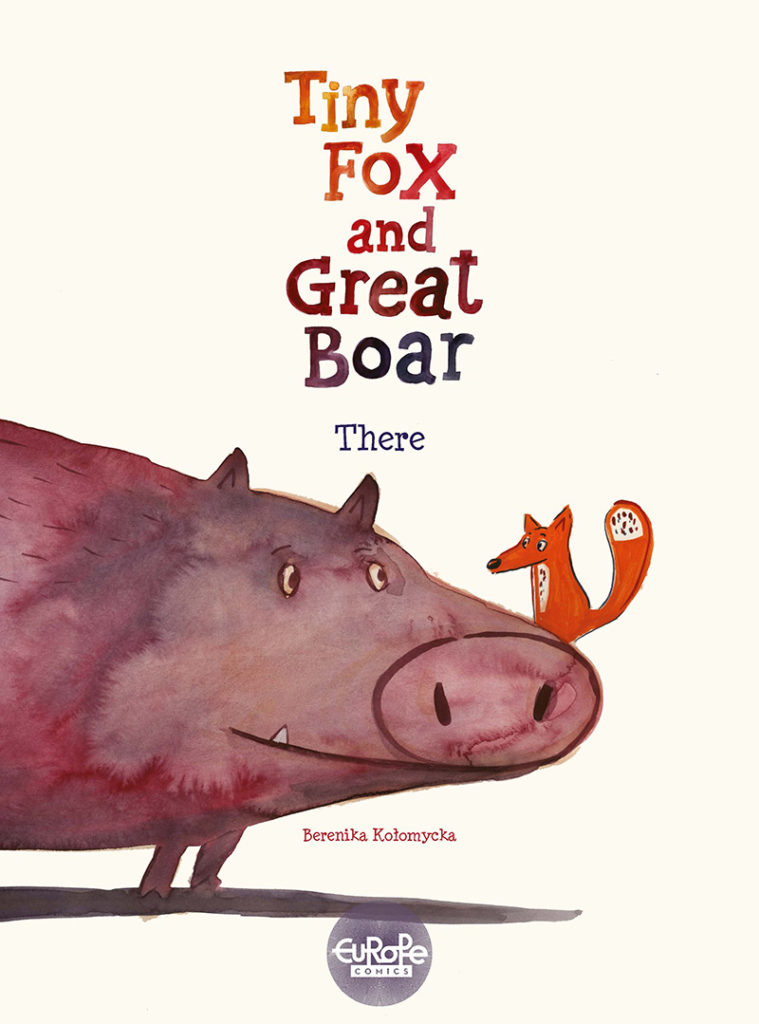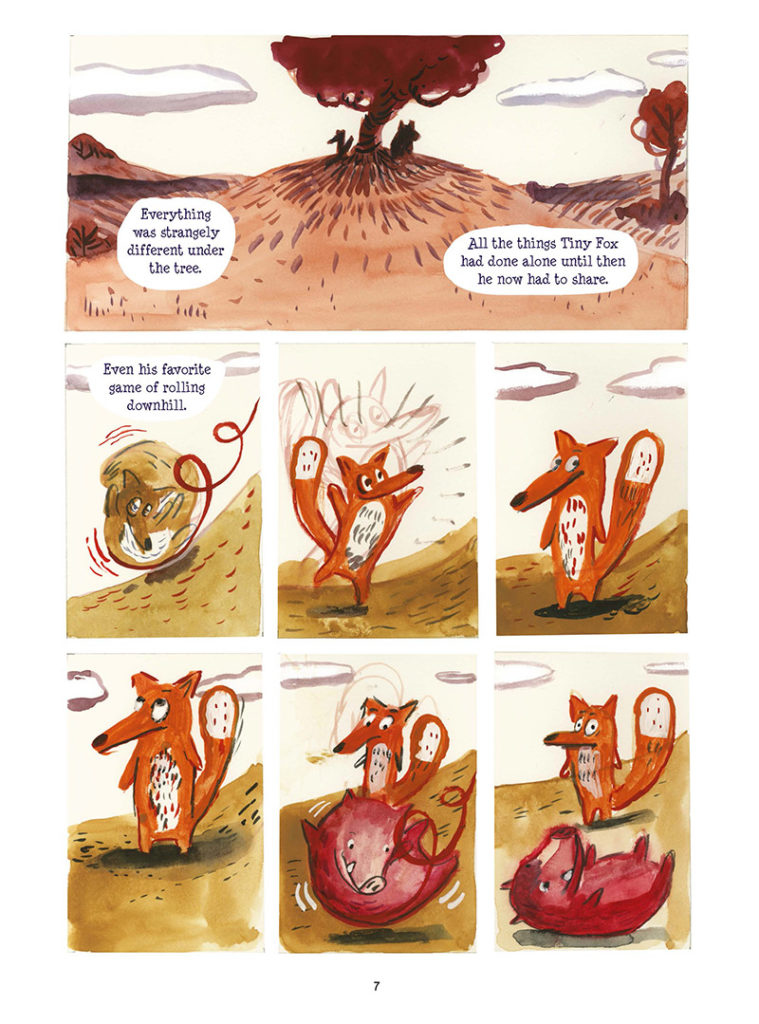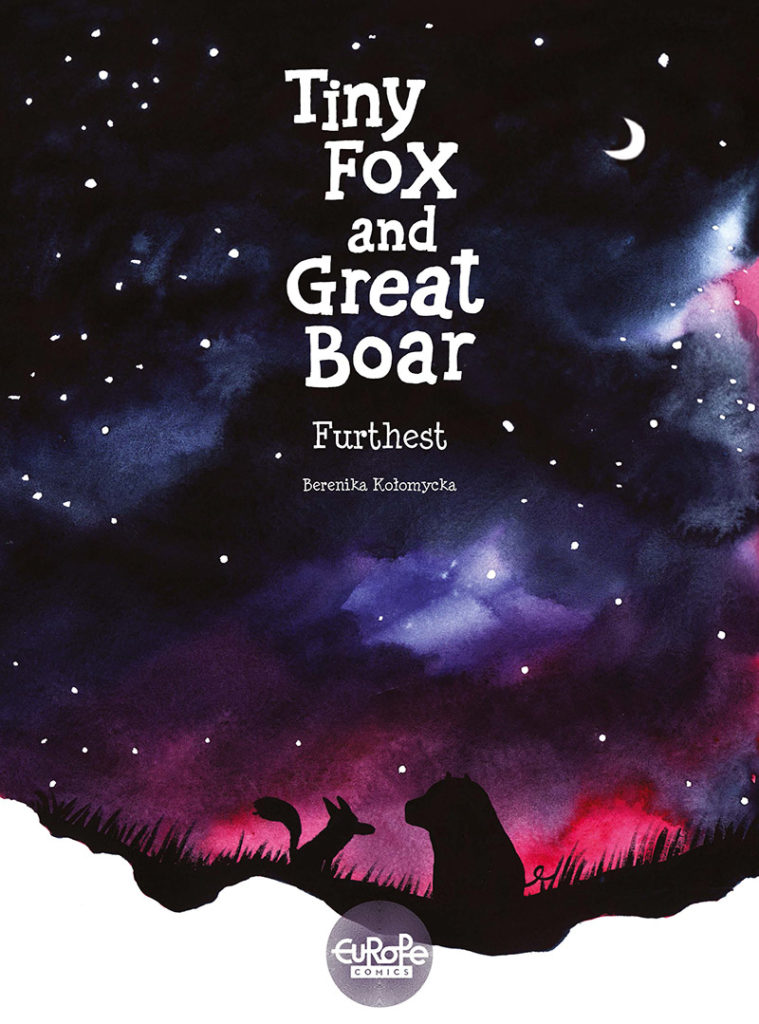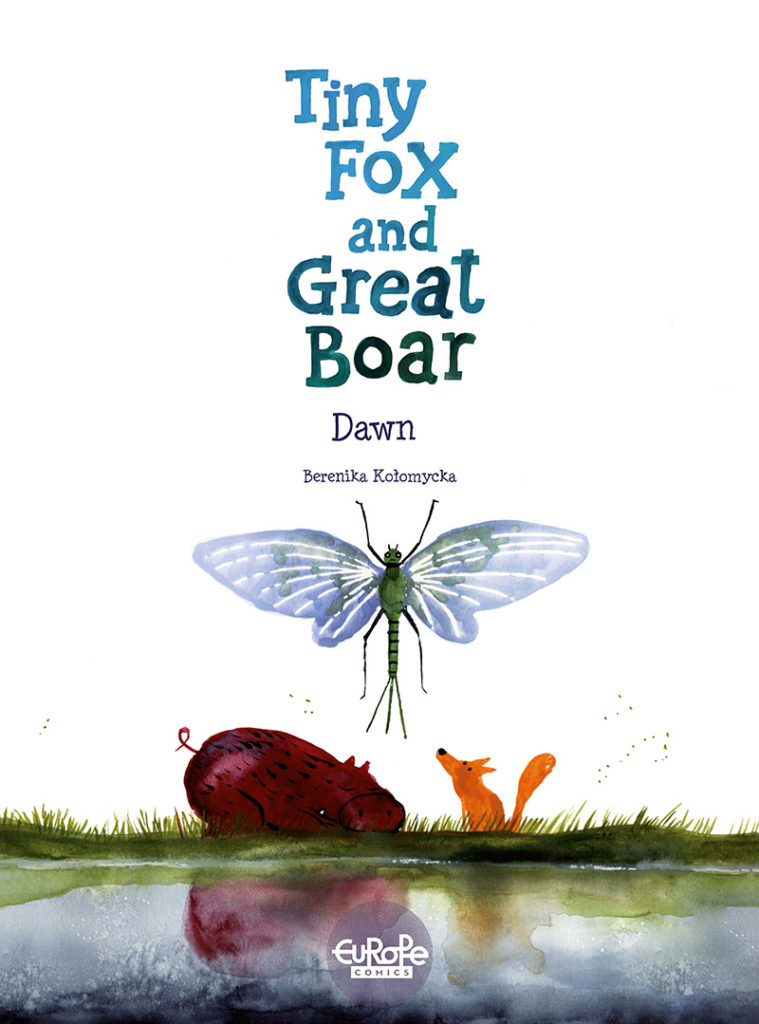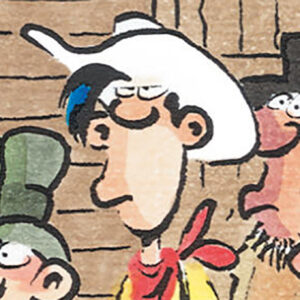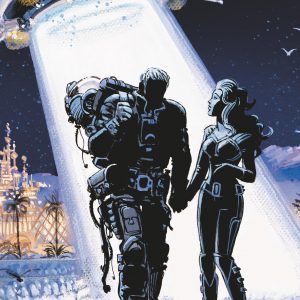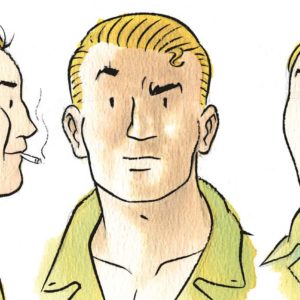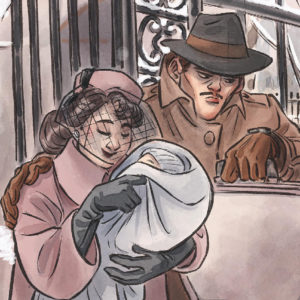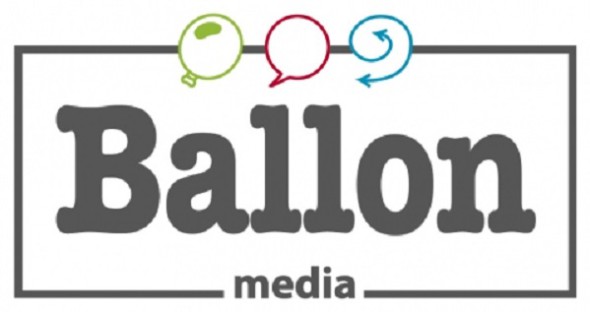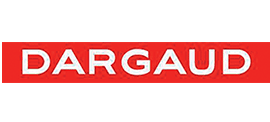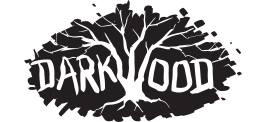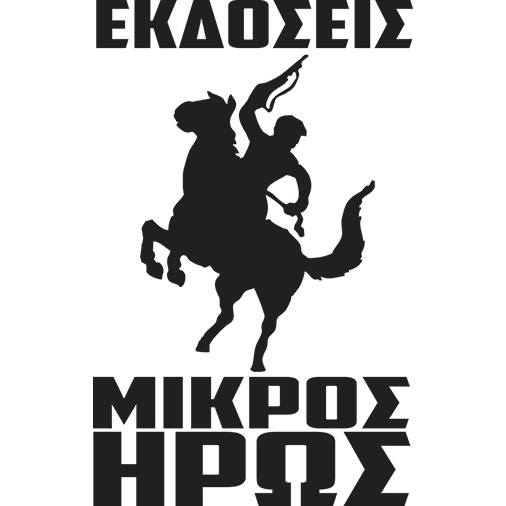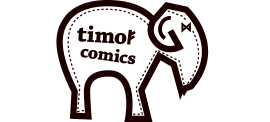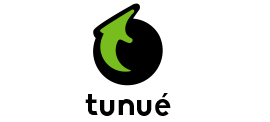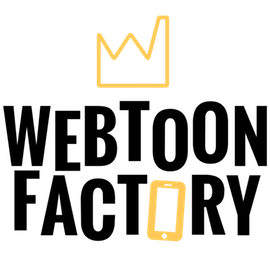On June 22-25 Polish comics creator Berenika Kołomycka will be joining Europe Comics in New Orleans for the ALA Annual Conference. Here is Berenika talking about her career, her inspiration and her award-winning comic book series – Tiny Fox and Great Boar.
How did you decide to become a comics creator? And how did you achieve this goal?
I’ve always been drawing. My parents often bought me pencils and markers instead of toys. It helped improve my imagination. On blank pages, which were never lacking at home, with my architect family, I drew event sequences, with adventures of witches, dragons and black cats. On a high shelf in the living room, I discovered comics about Thorgal, which my father was collecting. Maybe due to the fact that my father didn’t see comic books as infantile, this way of telling stories became close to me.
After high school I rebelled and didn’t do architecture studies, figuring that four architects in my family is enough. I instead chose the sculpture department at the Academy of Fine Arts. But at the end of my studies I met a small group of Polish comics creators, including artists like Krzysztof Gawronkiewicz, Piotr Kowalski, and Marzena Sowa (author of Marzi). Everyone supported me and urged me to take on the art of comics.
My first album, Derailed, with a script by Grzegorz Janusz, was part of my diploma thesis. After that I participated in several comics contests, and started working on the release of a new album with Marzena Sowa, That Night a Monster, and more and more I moved away from sculpture. My own series Tiny Fox and Great Boar became important to me. Around that time, I began to overcome my aversion to writing my own stories. I had never thought of myself as a scriptwriter before.
Everything was so difficult to do. After That Night a Monster, for two years I got stuck in advertising as a creative graphic designer. It was quite a barren job and I was looking for an escape. Once more I participated in a comics contest for a children’s comic book concept, organized by the Egmont publishing house. I won and I decided to quit my job. Since then, I’ve been loyal to comics. I really love what I do, although I don’t think it’s always easy, as with any creative work, where you are alone with yourself and your fears and anxieties. Perhaps the most important is consistency in action and humility. A great Polish painter and comic book artist, Joasia Karpowicz, ordered me to hang on the wall at my studio a card with the inscription, “Trust yourself!” And I do!
Which other comics artists and writers inspire you? Who would you consider your role model?
Now, more and more comic books are published in Poland. Not only mainstream, but also alternative. The market is growing. There was time when comics by Manuel Fior or Brecht Evans weren’t publish at all, and so far, which I think is a terrible neglect, no comics by Chris Ware have been published. Therefore, if only I went abroad somewhere; Brussels, Paris, Berlin, etc., I bought new foreign comics. Although I didn’t know French language or German, I couldn’t read them, but I still could watch them. I was very interested in the visual layer. Colors, current and textures. I also think that for a creator it’s very inspiring to be with other artists, the opportunity to exchange ideas and share ideas with them. This makes it easier to fight your own weaknesses.
Tell us about Tiny Fox and Great Boar. How was the idea for it born? What was the creative process behind it like?
To create a series of my comics about Tiny Fox and Great Boar inspired me … my dog (He is a shy and sensitive animal from the shelter) who became the progenitor of the fox. And due to lack of a second animal I became a wild boar. I’m always recording various events from my life that have made me laugh or move. I didn’t find on Polish comic market a comic book for children where emotions would play the main role. I have impression that now, in the era of consumerism, we talk less with each other and don’t attach too much importance to relationships with family, children and other people in general. We lose sensitivity and forget about empathy. Fox and Boar are very readable in their reactions and they are struggling with such problems as we do.
When it comes to such a technical description of creative process, at the beginning there is a situation or conversation. I always have a notebook with me to write it down quickly. But when I invent and modify something afterwards, I must have peace and quiet. I often leave the city and hide in some wilderness. I limit incentives. I take my dog with me. The place where I work at the time is heavily imprinted on the story I’m telling. With my fourth comic book about Fox I went to the mountains, out of season. There are no people, empty spaces, perfect for me to start working on the next scenario. I go with my ideas for walks and change them in my head. Sometimes I play imaginary scenes and record it, it must look funny for local people: a girl is walking through a field in mud, talking to herself waving hands and jumping. Then I write it down in the notebook, after some time I return to these notes – I change, improve, correct. Then, next to the text, there are also drawings, the first micro storyboard is created, yet nobody, apart from me, is able to read what has been drawn, and especially what is written. Those are small and ugly drawings. Finally, I make the final storyboard. Often then, I take a break of 3-4 months and then I go back to the project. I leave home and go one more time somewhere where I’m alone, but this time with paints, papers and brushes. I hide and I paint. Recently in a small wooden house by the sea in Międzyzdroje.
What are you currently working on / what are your future creative plans?
We have June, as usual at this time, I’m finishing the next volume of adventures of Tiny Fox and Great Boar, which premiere will be in September. This is the fourth album in this series, this time the theme is memories. These are definitely calmer stories, as in the previous book, where Fox and Boar were struggling with the theme of grief and passing away. I don’t know how, but it so happened, that I also wrote the fifth volume, but I haven’t done a storyboard yet. The plan was to make both volumes one by one and then be able to take on a larger project for adults. It will be a history based on my grandfather’s memories from the war. For now I’m in a dilemma, the topic is difficult, because it contains a lot of material and it is hard for me to take control of it.
